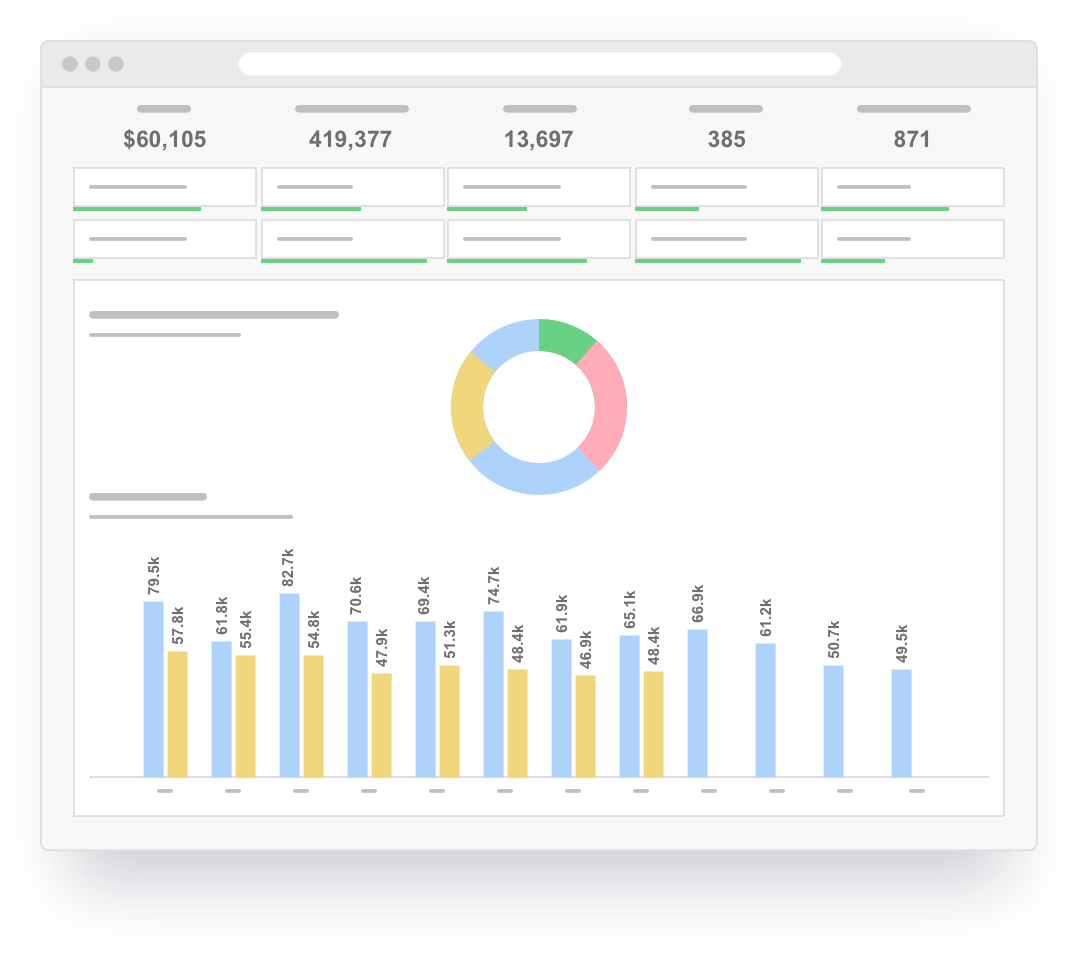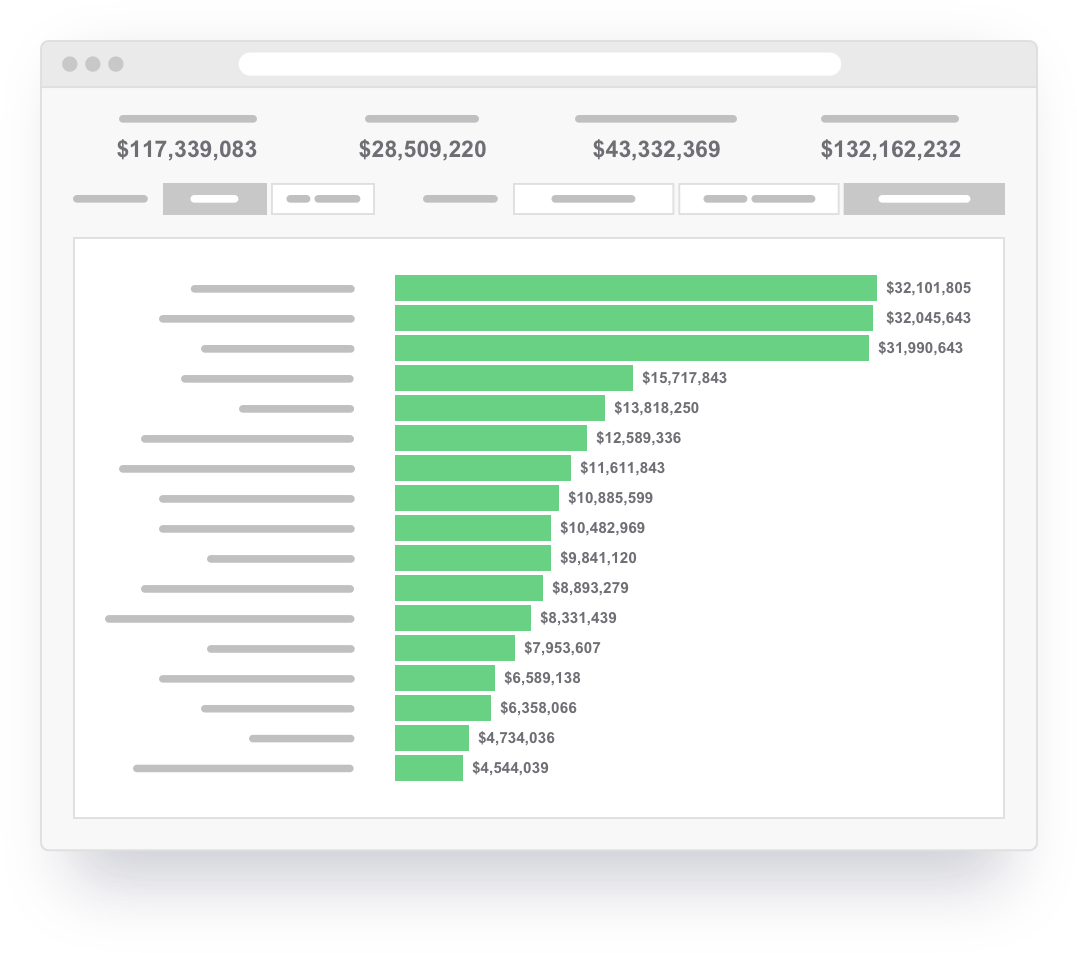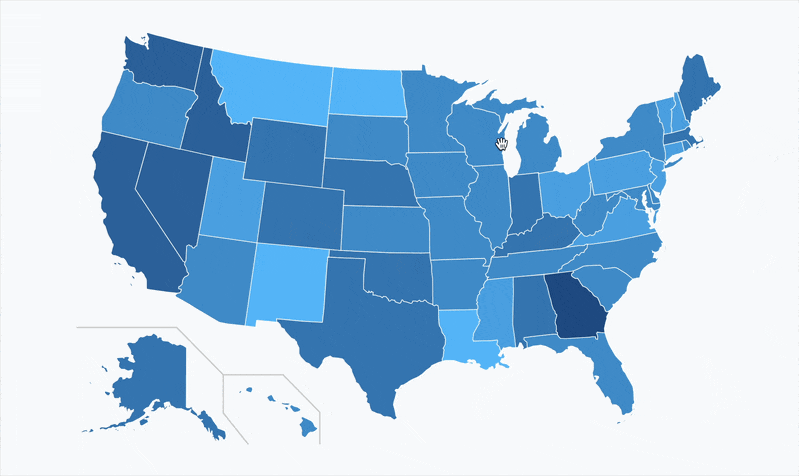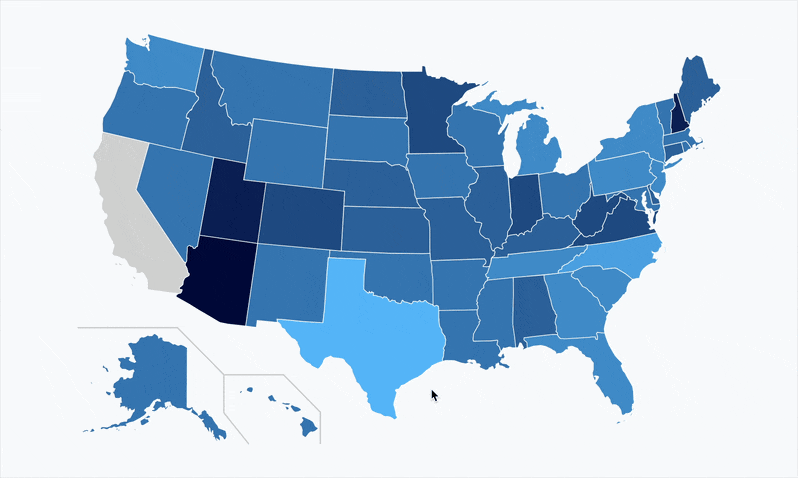Inform Decisions
Data-Informed Decision Making
Gray DI software empowers universities to track and analyze trends in job postings, enrollment, non-degree demand, and international student demand with ease. With the ability to sort data by industry, region, and other key factors, Gray DI helps universities stay ahead of the curve and identifying emerging trends and adjust their programs to better meet student and employer needs.
What programs should we consider offering online?
Which programs should I start, stop or grow?
What skills must we add to meet labor market needs?
What corrective measures do I take if a program is underperforming?
Solutions to help your institution access data...

Academic Management
Gray Decision Intelligence recommends PES Academic Management Dashboards, which offers a quick summary of KPIs for all your academic programs. Following the summary is a one-page overview of each program’s market, instructional economics, efficiency, and student outcomes. It includes faculty-drafted objectives and tasks to improve each program. The Academic Management Dashboards highlight issues and opportunities so you can continuously improve your program portfolio and prepare for accreditation.
PES Economics and Outcomes
PES Economics and Outcomes offers the following:
- Economic Tracking: Assists in tracking revenue, cost, and margin by college, department, program, and course, aiding in enhanced financial decision-making.
- Outcome Assessment: Supports student outcomes assessment and identification of equity gaps, assisting in outcome improvement and retention strategies.
- Benchmarking: Sets data-informed goals for program improvement by comparing your revenue, costs, margins, and outcomes by course level and subject area with other institutions.

Curricular Efficiency Workshop
Gray DI’s Curricular Efficiency Workshop uses data on course-level revenue, cost, margin, and instructional workloads collected in the Economics and Outcomes application to identify high-cost, low-margin, or redundant courses. In a facilitated workshop, faculty and administrators review the course data and use their judgment to identify efficiencies in courses and sections offered. The data may also be used continuously to inform budgets and course schedules.



